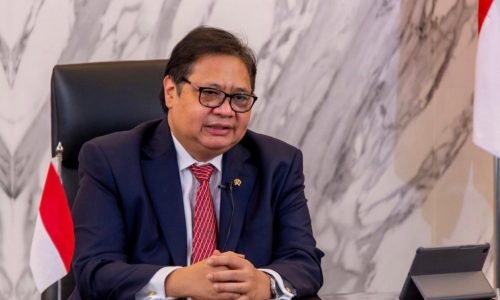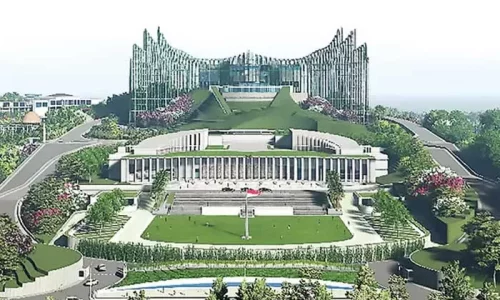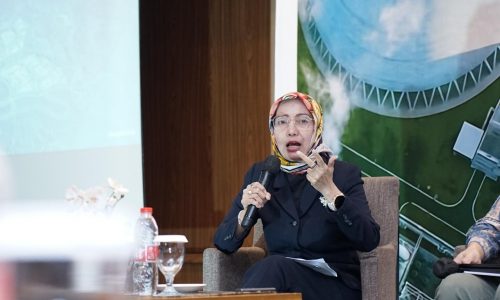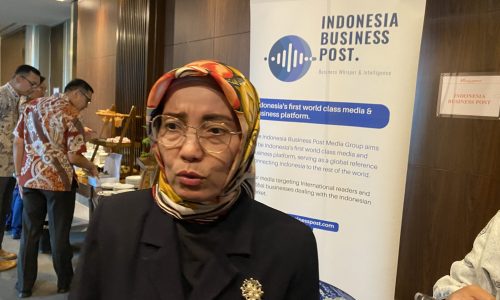Former Coordinating Minister for Political, Legal, and Security Affairs, Mahfud MD, has expressed concern over what he perceives as political undertones in the arrest of former Trade Minister Thomas Trikasih Lembong, known as Tom Lembong.
Tom Lembong has been named a suspect by the Attorney General’s Office (AGO) in a corruption case involving sugar import permits. Mahfud argued that the investigation seems selective, focusing solely on Lembong despite similar import practices by four subsequent trade ministers.
“If what Tom did was wrong, why was it ignored for so long?” Mahfud questioned during a discussion titled Doubts on Anti-Corruption Policies hosted by the Paramadina University and the Harkat Negeri Institute on Thursday, November 21, 2024.
Mahfud highlighted the lack of clarity from the AGO regarding the financial losses incurred by the state due to Tom’s alleged actions. He called for the prosecution to substantiate the claims of corruption with concrete evidence of harm to public finances.
“There are claims that he enriched others and violated regulations, but what is the state’s loss?” Mahfud questioned.
The AGO has accused Tom of granting permits for importing 105,000 tons of raw sugar in 2015, despite a reported sugar surplus at the time.
The imports were processed into white sugar by a private company, PT AP, allegedly contravening recommendations made during an inter-ministerial meeting that deemed sugar imports unnecessary.
Charles Sitorus, the then-Business Development Director of trading and logistics company PT Perusahaan Perdagangan Indonesia, has also been named a suspect in the case.
Selective justice
Mahfud noted that Tom’s actions date back to his tenure as Trade Minister from 2015 to 2016, yet no inquiries were made into similar practices by his successors.
This has led to speculation about political motivations behind the case, especially given its timing. The case has also raised questions about the impartiality of anti-corruption efforts in Indonesia.
Mahfud urged the AGO to provide a more transparent explanation of the charges and ensure that anti-corruption measures are applied fairly and without political bias.









